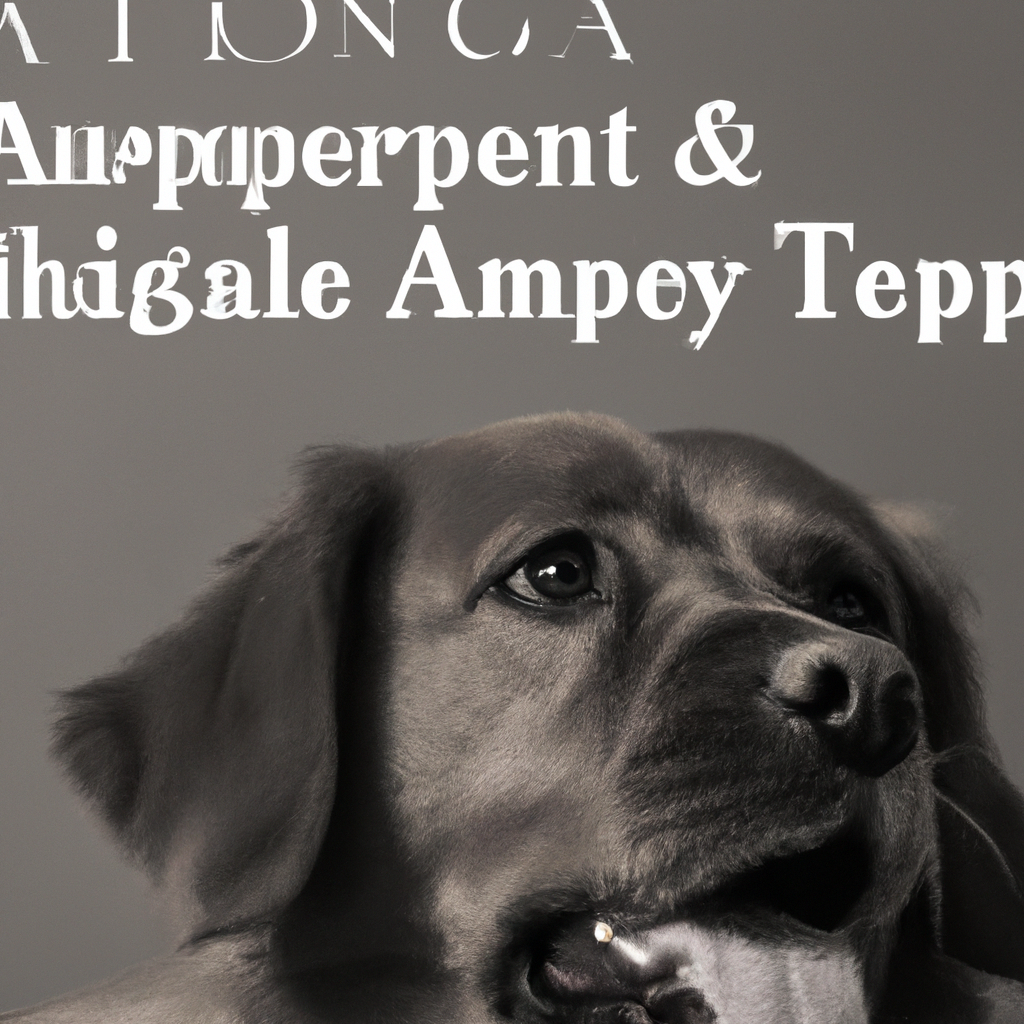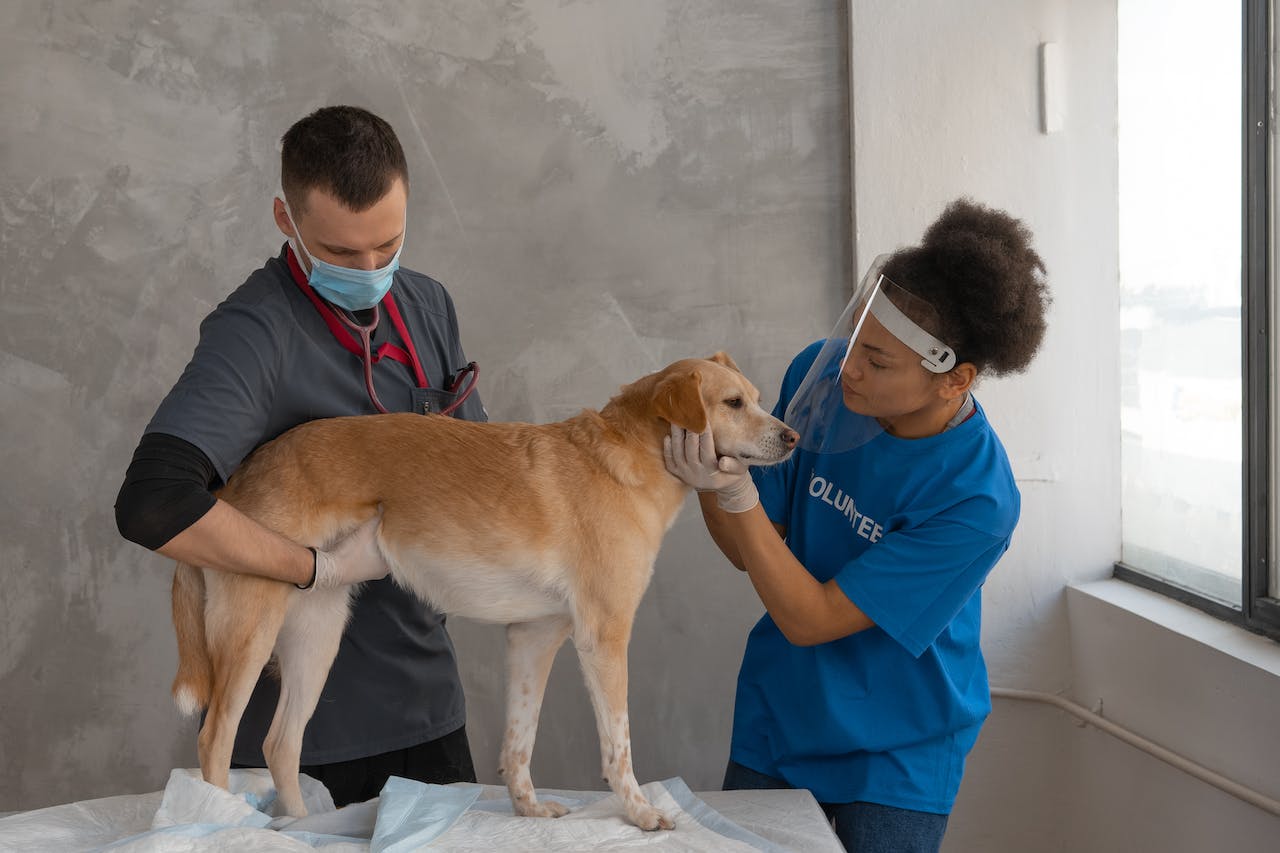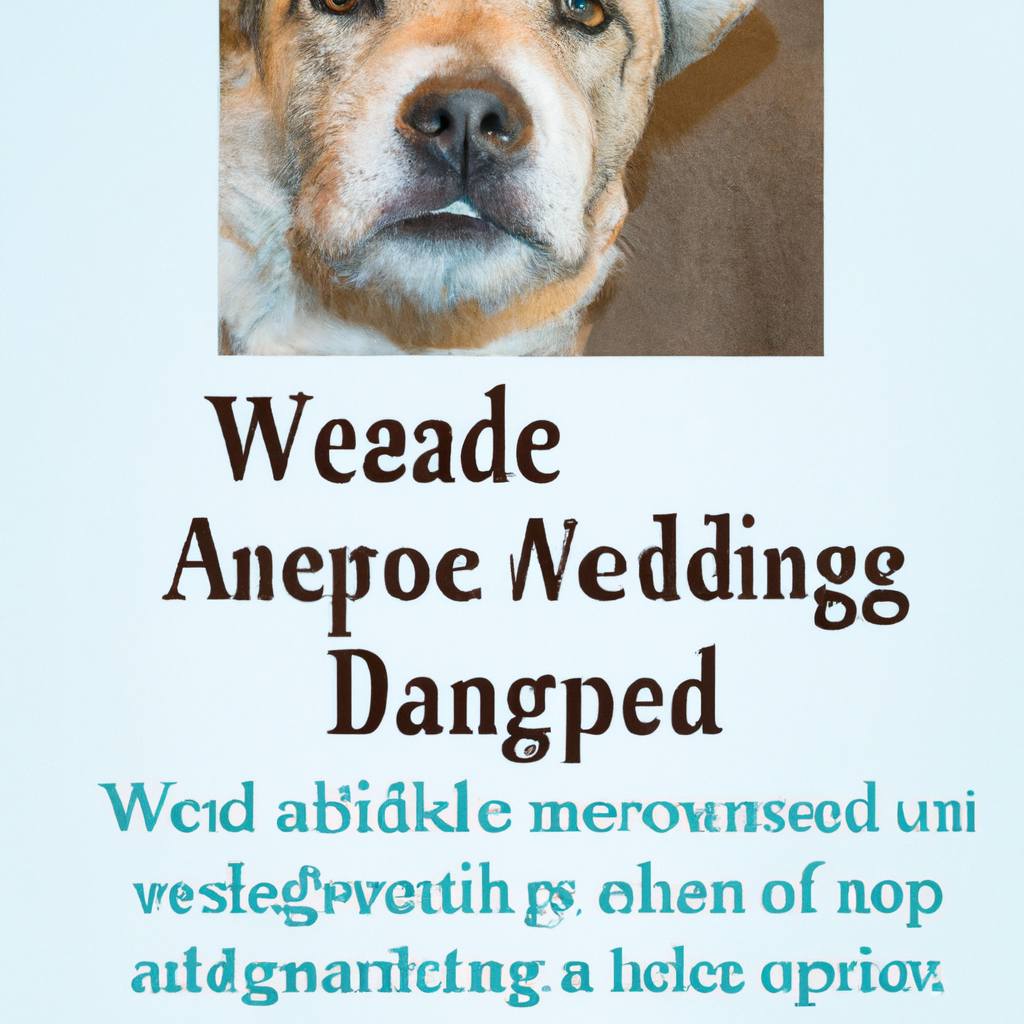The Impact of Dog Adoption on Animal Assisted Therapy Programs
The Impact of Dog Adoption on Animal Assisted Therapy Programs Introduction Animal Assisted Therapy (AAT) is a valuable approach

The Impact of Dog Adoption on Animal Assisted Therapy Programs
Introduction
Animal Assisted Therapy (AAT) is a valuable approach that utilizes trained animals to promote physical, emotional, and mental well-being in individuals of all ages and backgrounds. Dogs are the most commonly used animals in AAT due to their loyal and affectionate nature, making them ideal companions for therapy sessions. However, the success and effectiveness of AAT programs are largely dependent on the availability of suitable dogs, which highlights the importance of dog adoption in supporting these programs.
Benefits of Dog Adoption
Adopting a dog for AAT programs brings numerous benefits to both the adopted dogs and the therapy recipients. Firstly, dog adoption saves lives by providing a permanent home for animals that may have otherwise faced euthanasia in overcrowded shelters. By adopting, individuals become part of a compassionate movement that helps reduce pet homelessness and abandonment.
Moreover, the adopted dogs benefit from the consistent love, care, and training they receive in their new homes. This allows them to develop the necessary skills to become an integral part of AAT programs. Adopted dogs often demonstrate increased adaptability and resilience, which are essential traits for successful therapy animals.
The Role of Adopted Dogs in AAT Programs
Adopted dogs play a crucial role in AAT programs, as they contribute to the overall success and positive outcomes of therapy sessions. Their unconditional love and nonjudgmental nature help create a safe and comfortable environment for therapy recipients, allowing them to open up and build trust.
Furthermore, the bonding process between an adopted therapy dog and its handler strengthens the human-animal connection, improving overall communication and empathy. The presence of a therapy dog often reduces anxiety, stress levels, and blood pressure, promoting relaxation and emotional well-being.
Challenges in Dog Adoption for AAT Programs
While dog adoption plays a crucial role in supporting AAT programs, there are some challenges that need to be addressed. One major challenge is finding dogs with the right temperament, personality, and aptitude to excel in therapy work. Not all adopted dogs will be suitable for AAT, requiring careful evaluations and assessments to ensure a good match.
Additionally, training and certification processes need to be in place to guarantee that adopted dogs meet the required standards for therapy work. This ensures the safety of both the therapy recipients and the dogs themselves. AAT organizations and shelters need to collaborate to provide comprehensive training programs and ongoing support for adopters and their dogs.
Conclusion
Dog adoption has a significant impact on Animal Assisted Therapy programs. Not only does it provide a second chance at life for sheltered dogs, but it also enhances the effectiveness and outcomes of therapy sessions. The role of adopted dogs in AAT cannot be underestimated, as their presence brings comfort, trust, and emotional healing to individuals in need.
Encouraging dog adoption and supporting comprehensive training programs for adopted dogs are crucial steps in ensuring the continued success and expansion of Animal Assisted Therapy programs worldwide.






